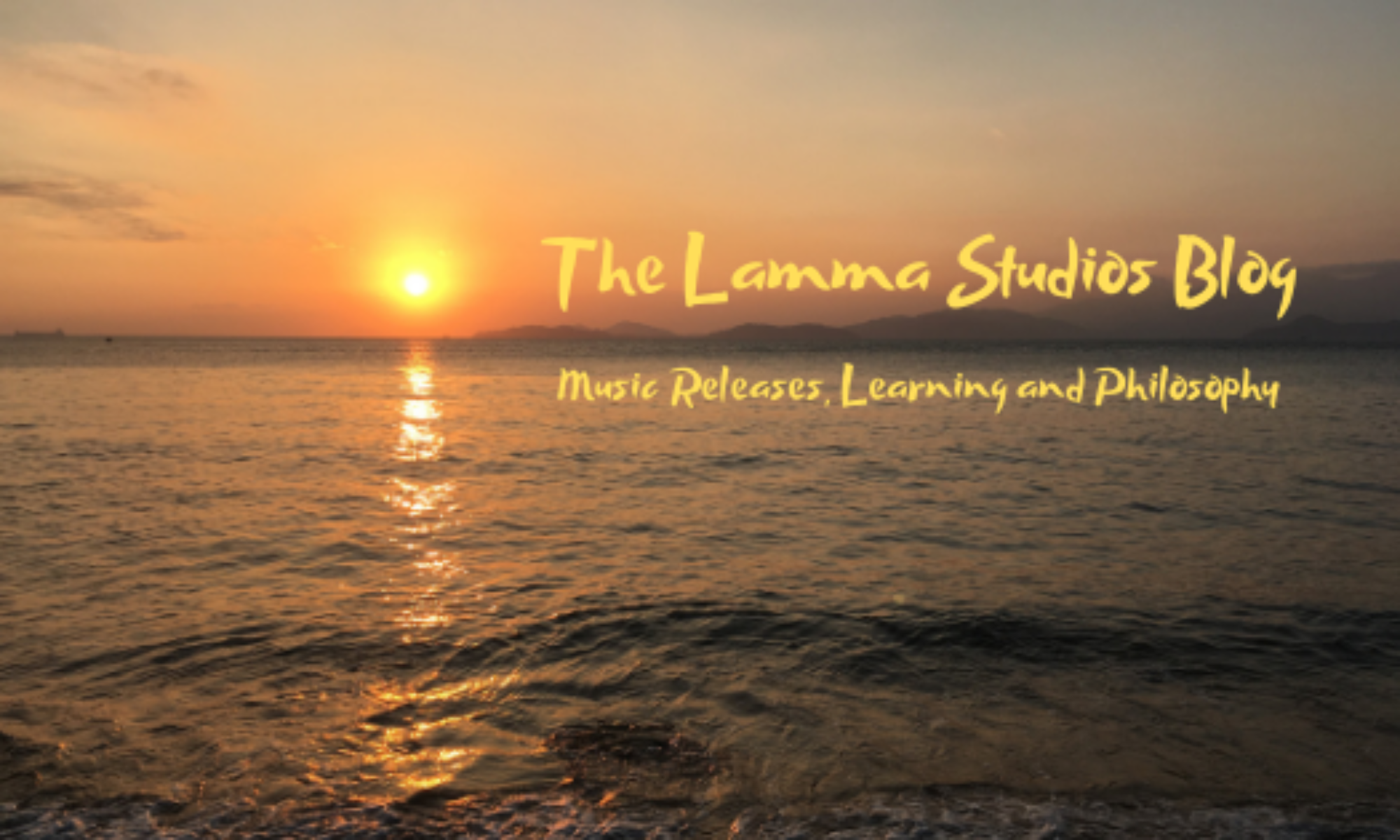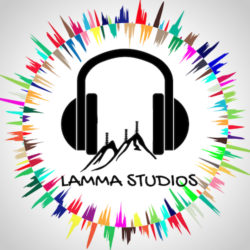Principle 3: At the beginning there are no mistakes or rules. Just have fun and learn how to express yourself!
When we begin to learn music we should focus only on what we want to get right. Just as when learning our first language, there are no mistakes at the beginning.
Parents don’t yell at their kids for bad grammar or poor pronunciation when they are first learning to speak. Yet many music teachers like to teach by telling the kids everything they are doing wrong from their very first lesson. “No, no no, not like that!” is a familiar teaching style for many. This technique only serves to make the student afraid of mistakes and reluctant to even try playing. Excess criticism at the beginning is a surefire way to kill freedom of self expression and create a lifetime of problems.
Criticism kills learning. Learning with joy and freedom will supercharge our learning process.
We want to develop the ability to play freely without fear of mistakes. That freedom is one of the most valuable skills a musician can have, but sadly, one of the most rarely developed through traditional musical education. In these exercises we will begin to develop that feeling of freedom and begin to unlock our creative potential.
Exercise 3A: Visualization for musical freedom.
To begin feeling the feeling of freedom of musical expression, practice this short guided visualization. Relax, get comfortable, close your eyes, and enjoy this short guided trip to the world of musical freedom.
I suggest you repeat this visualization daily for 30 days to begin to train the subconscious mind to play with freedom. Many of us have years of conditioning in the opposite direction so it requires repetition to change the direction of our minds. It’s also advised to perform this exercise either first thing in the morning or right before bedtime.
Exercise 3B: Rock out on air instruments.
In this exercise we will pretend to play our instruments, with complete freedom, joy and confidence. This is much easier to do without the instrument at first. This practice will help us a lot when we pick up the instrument later.
Start by putting on a song you want to learn to play. Now imagine you are holding your instrument and pretend to play along. Today, there is no possibility of making mistakes, so you can feel free to just play your air instrument and enjoy it. Role play! Feel the feeling as if you were really on stage playing great, sounding great, and expressing yourself without hesitation. Move your body and really put your heart into it!
Repeat this practice many times, and add details to your mental picture. Imagine the venue, crowd, band, sights, sounds, smells, as many small details you can. The richer the experience the more you will really feel it and the more your brain will remember this experience of the highest musical success.
Now pick up the instrument and hold it in a playing position while continuing to pretend to play with freedom. Move your body! Don’t just play, perform! Feel the excitement and happiness of making music freely.
Repeat this process many times with different songs. Research shows that the brain does not make a distinction between real and richly imagined experiences as it learns. Therefore, you are gaining valuable success experience success every time you do this exercise. This can be drawn on in the future as a past experience to give you confidence for real performances later.
Exercise 3C: Free improvisation.
This exercise can be terrifying at first but once unlocked is the key to opening up the creative potential inside all of us. Pick up your instrument and play anything that comes to your mind. You can suspend any and all all musical “rules” you want to, including rules of rhythm, harmony, etc if you like. You can even play randomly. The only goal is to play with a feeling of freedom without any self judgement. Just play anything, and don’t care what it is! You may find that that results in some of your best playing, as it does for me.
This may not come easily at first, but the more you do it the more natural it will feel. Don’t worry if it doesn’t sound or feel perfect at first. Just keep practicing it and the skill will come.
I find the best way to do this is to empty the mind via some quiet breathing, silence or meditation and then just play while thinking of nothing. Quieting the mind is difficult however, and I recommend this be made a regular practice every day. The great musicians of classical music’s history, such as Mozart, Beethoven, etc, made free improvisation their main tool of composition and their primary individual practice. If it’s good enough for Ludwig van Beethoven and Amadeus, it’s good enough for us!
Additional Resources:
Team up with your shadow to defeat performance anxiety and find the power of true self expression
Seeing is believing, the power of visualization
The classic book The Inner Game Of Tennis by Timothy Gallwey includes stories of how merely pretending to be a great player and hitting the ball looking like a champion dramatically improved performance.

